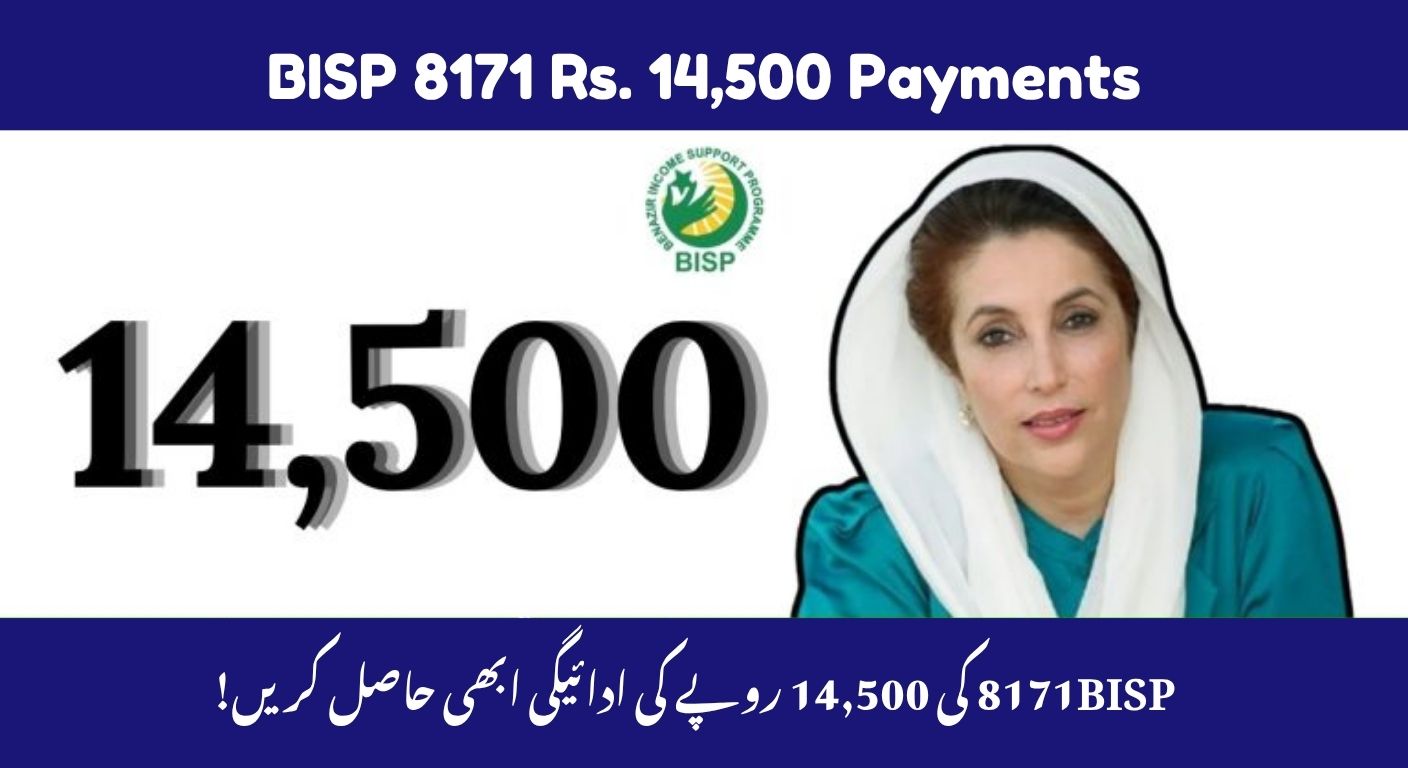Gambling apps target Pakistan’s youth through covert and overt influencer promotions, a trend that now intersects with law enforcement crackdowns and public concern over mental health and financial harm. The story is not just about advertising; it is about how persuasive social media ecosystems pull teenagers and young adults into repeated betting loops that are hard to quit.
Background
Over recent months, authorities have intensified enforcement against illegal online betting platforms and related promotions, highlighting a broader digital clampdown aimed at protecting consumers and stabilizing the financial system. In parallel, high‑profile cases involving creators accused of promoting betting apps show how social reach and trust can convert into risky sign‑ups at scale, especially among younger audiences who spend hours on short‑form video and live streams. Together, these developments offer a snapshot of a market where fast growth meets fragile safeguards—and where costs often materialize only after losses mount.
How influencer marketing shapes behavior
Gambling apps target Pakistan’s youth by aligning with creators who speak the language of their audiences: humor, lifestyle aspiration, and quick wins, often wrapped in casual, relatable posts or streams that feel like friendly advice rather than paid advertising. When promotional messages are repeated by familiar faces, the perceived risk declines while the perceived upside rises, amplifying first‑time trials and repeat bets. That dynamic is particularly potent in micro‑moments—late at night, between classes, or during commutes—when attention is fragmented and impulse decisions thrive.
Regulatory pressure and enforcement
Regulators have responded by restricting access to illegal platforms and signaling tougher action against undisclosed or deceptive promotions that could mislead young audiences. Recent enforcement moves, including arrests and investigations tied to alleged gambling promotions, reflect a growing willingness to police not just app operators but also promotional pipelines across social networks. Officials have framed these actions as part of a broader consumer protection push, noting potential capital flight, fraud risks, and the burden placed on families when losses accumulate.
Risks to mental health and finances
Gambling apps target Pakistan’s youth at a developmental stage marked by heightened sensitivity to rewards and peer influence, making repeated exposure to betting cues more impactful than many realize. Clinicians and educators warn that cycles of small wins and frequent losses can contribute to stress, anxiety, and sleep disruption, while financial strain can ripple across households through debt, conflict, and reduced academic performance. Enforcement updates further underscore concerns about fraudulent mechanics—such as withheld payouts or manipulative odds—that intensify harm beyond ordinary risk tolerance.
How the promotion funnel works
-
Discovery: Short, energetic videos introduce an app with a “try it once” challenge or a “watch me win” clip, often linked to referral codes.
-
Social proof: Comments and stitched reactions create a sense of normalcy and success, masking survivorship bias in visible outcomes.
-
Conversion: Limited‑time incentives or cash‑back offers encourage sign‑ups and deposits, reducing hesitation at the point of decision.
-
Retention: Push notifications and creator “updates” pull audiences back during peak engagement windows, sustaining the betting loop.
Policy developments and bans
According to recent reports, authorities have moved to restrict dozens of illegal apps in an attempt to curb fast‑growing exposure among younger demographics. These actions aim to reduce the visibility and accessibility of apps while investigations proceed, especially where promotions allegedly involved deceptive or undisclosed financial arrangements. The enforcement narrative continues to evolve, and further measures may follow as agencies track new distribution tactics and mirror apps.
Case spotlight and public debate
Publicized investigations involving prominent creators have stirred debate about disclosure standards, platform accountability, and the line between entertainment and inducement to gamble. The discussion is not merely legal; it touches on social responsibility and the duty of influencers with large youth audiences to avoid promoting risky financial behaviors as lifestyle content. As these cases proceed, they may set precedents for what is permissible in creator‑brand relationships and how platforms moderate high‑risk promotions.
What families and schools can do
Gambling apps target Pakistan’s youth in spaces where parents and teachers may have limited visibility, so structured, non‑judgmental conversations are critical to prevention and early support. Educators can integrate digital literacy lessons that unpack persuasive techniques, while families can set clear rules around payment methods and app permissions on shared devices. Seeking professional guidance early—when patterns of secrecy, borrowing, or mood swings appear—can mitigate longer‑term harm.
Recommendations for platforms and creators
-
Mandatory, prominent labeling for sponsored content related to financial risk, including clear disclaimers about legal status and age restrictions.
-
Stricter ad eligibility and automated screening for keywords, referral codes, and payout claims tied to gambling niches.
-
Creator education programs focused on ethics, audience vulnerability, and the downstream impact of promotions that normalize betting.
Why this matters now
The combination of algorithmic reach, seamless payment rails, and aggressive referral economics has lowered the friction for first‑time betting, even when official access is restricted. As enforcement actions expand, so do attempts by operators to rebuild funnels through rebranded apps, proxy sites, and cross‑border promotions. This cat‑and‑mouse dynamic makes timely reporting and digital literacy crucial, especially for households navigating tight budgets and academic priorities.
Conclusion
Gambling apps target Pakistan’s youth through marketing that blends entertainment with financial inducement, and the consequences are visible in enforcement records, family budgets, and campus well‑being. Sustained consumer protection will likely require coordinated action among regulators, platforms, creators, schools, and households—paired with clear rules and strong disclosure norms in the creator economy. In the meantime, readers can use this information to assess promotions critically, spot warning signs, and support healthier habits around money, media, and time online

















